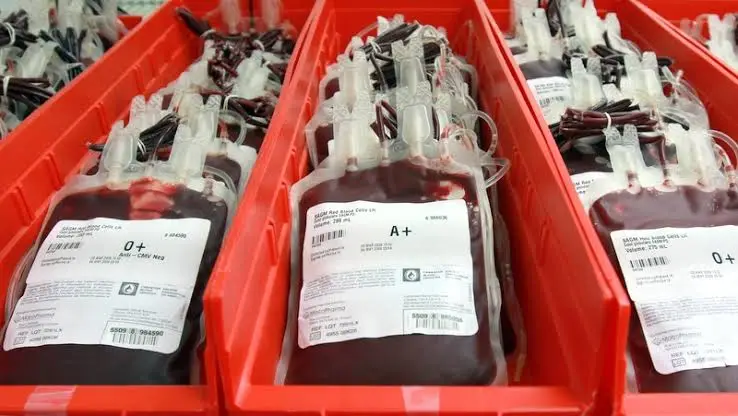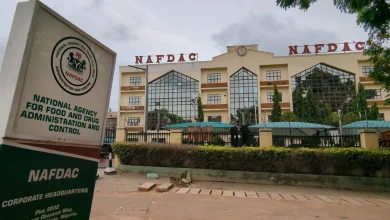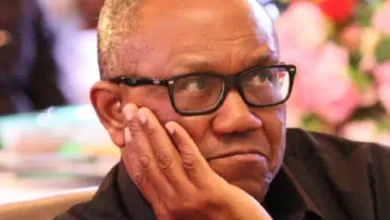House of Reps committee pledges support for improved blood service delivery

The House of Representatives Committee on Specialty Healthcare has vowed to advocate for increased budgetary allocation to enhance blood service delivery in Nigeria.
This commitment was made during an oversight visit and roundtable discussion with the National Blood Service Commission (NBSC) management in Abuja.
Deputy Chairman Lawan Ali-Shettima led the visit, focusing on addressing critical challenges and improving access to safe, quality blood services and products. The committee seeks to tackle the NBSC’s challenges head-on, ensuring better healthcare outcomes for Nigerians.
Ali-Shettima expressed optimism about the willingness of people to donate blood voluntarily, noting that with adequate support, the NBSC can expand its facilities and services. “We are looking at the way people are willingly and voluntarily coming to donate blood in this establishment. So, I believe with support they will acquire more equipment, more facilities to expand their offices to zonal levels,” he said.
The committee has pledged to provide legislative support for increased funding to enable the NBSC to acquire more equipment and expand its services. “This is what we are suggesting. So we will do our best to see that legislatively we intervene by providing more means of funding for them to get more equipment,” Ali-Shettima added.
Prof. Saleh Yuguda, Director-General of the NBSC, highlighted the challenges facing the commission, citing inadequate funding as a major obstacle to their operations and access to safe blood services nationwide. “The major challenges we have across the country is that of equipment and other infrastructure in most of our centres, which are very old,” Yuguda said.
He emphasized that increased funding would enable the commission to enhance access to safe and affordable blood components, catering to the needs of Nigeria’s over 200 million citizens. With more funding, the NBSC can upgrade its infrastructure, expand services, and ultimately save more lives.
Yuguda appealed for collaboration with the National Assembly to secure additional funding, saying, “We are trying to see if we can liaise with the National Assembly to come to our aid, so that we can get more funding for the commission.” He expressed confidence in the potential impact of this support, stating, “I believe that with their support, we will be able to achieve that.”
Yuguda also stressed the importance of regular blood donation, citing the scarcity of blood during emergencies, which has led to several deaths. He encouraged people to regularly and voluntarily donate blood to save more lives.
However, the NBSC faces a significant challenge in sourcing blood from voluntary donors. Less than 5% of the total blood donation in Nigeria comes from voluntary donors, with the bulk coming from commercial donors. This poses a risk of infections such as HIV, Hepatitis B, Hepatitis C, Syphilis, among others, to recipients.
According to estimates, 1.23 million units of blood are collected across several facilities each year, with 90% coming from paid commercial donors. This highlights the need for increased awareness and encouragement of voluntary blood donation to ensure a safe and sustainable blood supply in Nigeria.





